The Architecture of Inclusion
Ksenia Golubeva
CBDO and co-founder of AutiHD, advancing AI-powered neurodiversity support.
Every so often, you meet a founder whose mission feels less like a business plan and more like a calling. Ksenia Golubeva is one of those people. After a decade spent navigating the high-stakes world of corporate innovation and venture capital, she could have continued building solutions that optimized bottom lines. Instead, she chose to build a company that redesigns lives. What drew me to her story wasn't just the pivot from corporate advisor to healthtech founder, but the deeply personal 'why' behind it. In our conversation, you'll discover how a student journalism project years ago planted a seed that would ultimately blossom into AutiHD. Ksenia's vision is a powerful reminder of what technology can achieve when it's guided by empathy: 'Neurodivergent people don’t need to be fixed, the world needs to change so they can be fully seen and valued.'
You spent over a decade orchestrating innovation for large corporations, managing a deal flow of thousands of startups. What was the catalyst that made you step away from that world and build something as deeply personal as AutiHD?
Your focus on neurodiversity feels incredibly specific and passionate. Can you trace the origins of this commitment back through your personal and professional life?
Drawing on your experience catalyzing innovation across different ecosystems, what foundational changes do you believe are essential for society to better support neurodivergent adults?
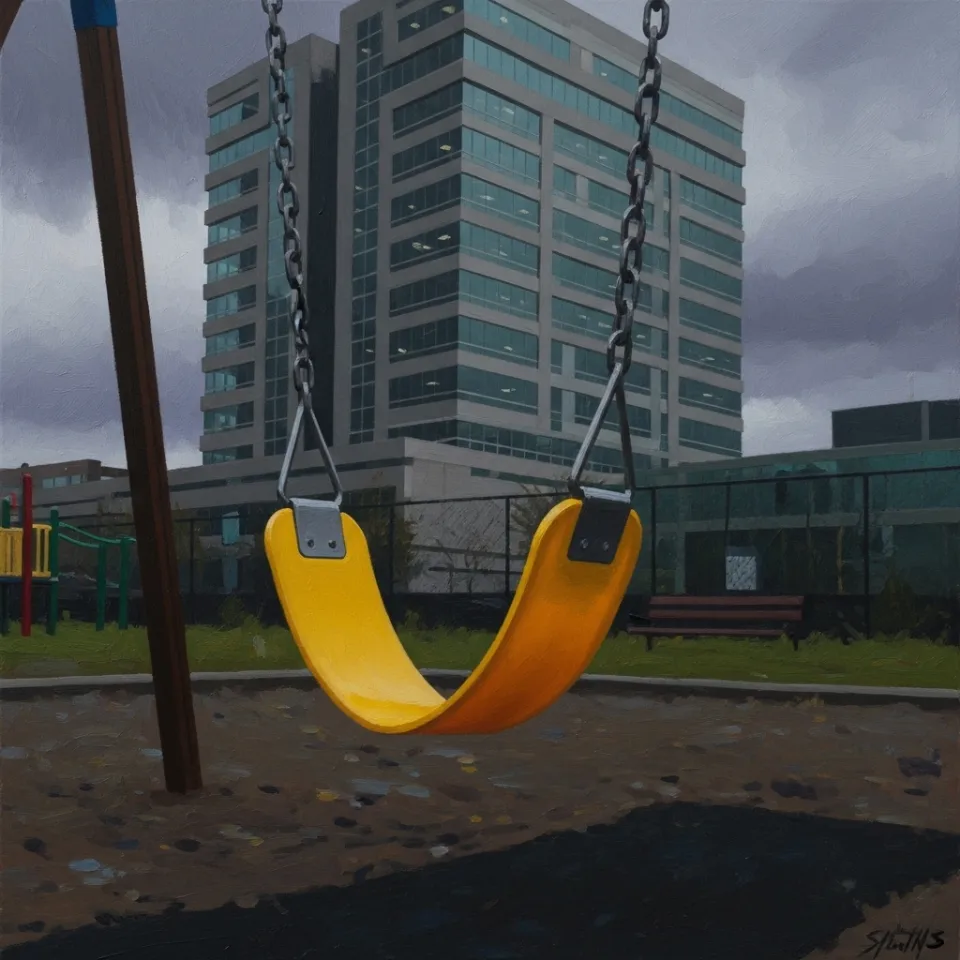
As you build AutiHD, what is the core message you want to convey, and what are your immediate priorities for bringing your vision to life with the Mindory app?
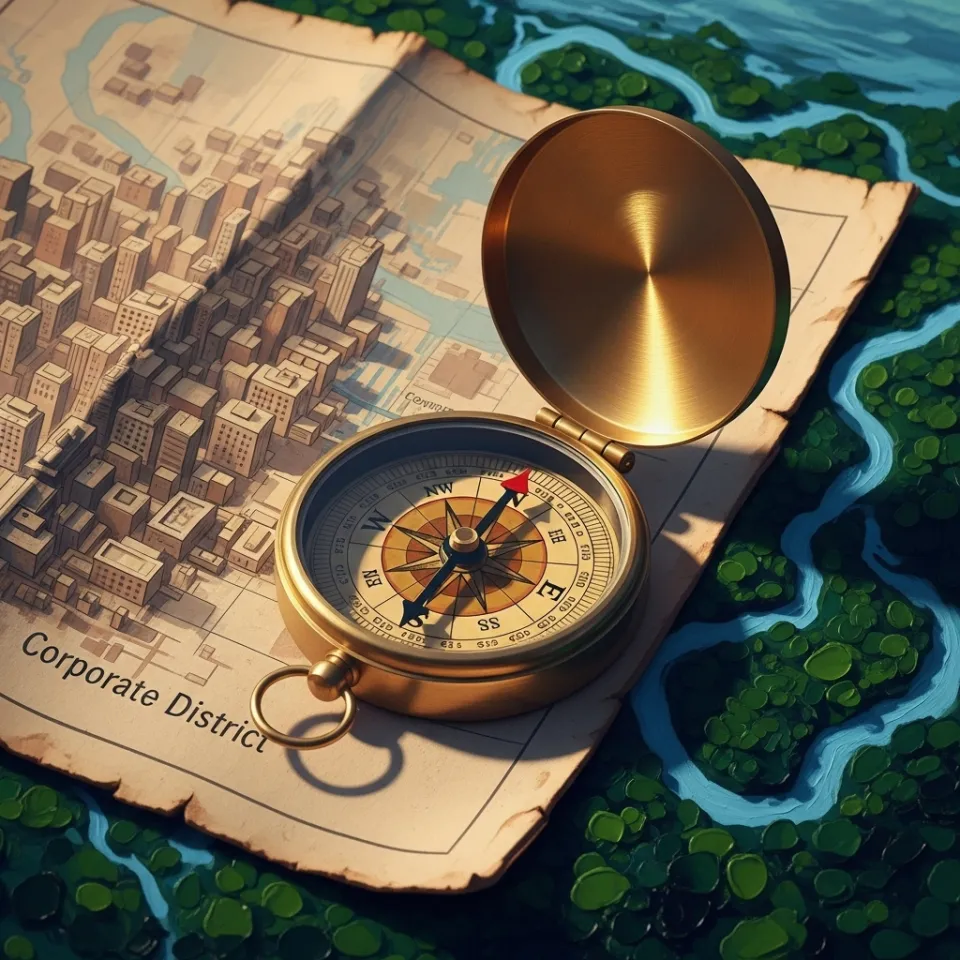
You're leveraging AI to provide support, which involves highly sensitive data. How does Mindory's AI actually work, and what is your framework for building unwavering trust with your users?
With a hybrid B2C and B2B2C model, what is your go-to-market strategy, and what early signals are validating that you're on the right path?
Launching in Luxembourg seems very deliberate. How are you using this unique ecosystem as a strategic launchpad to build a scalable, pan-European company?

Looking beyond the current app, what are the next critical user challenges on your product roadmap, and how do you envision the workplace of the future adapting to neurodiversity?
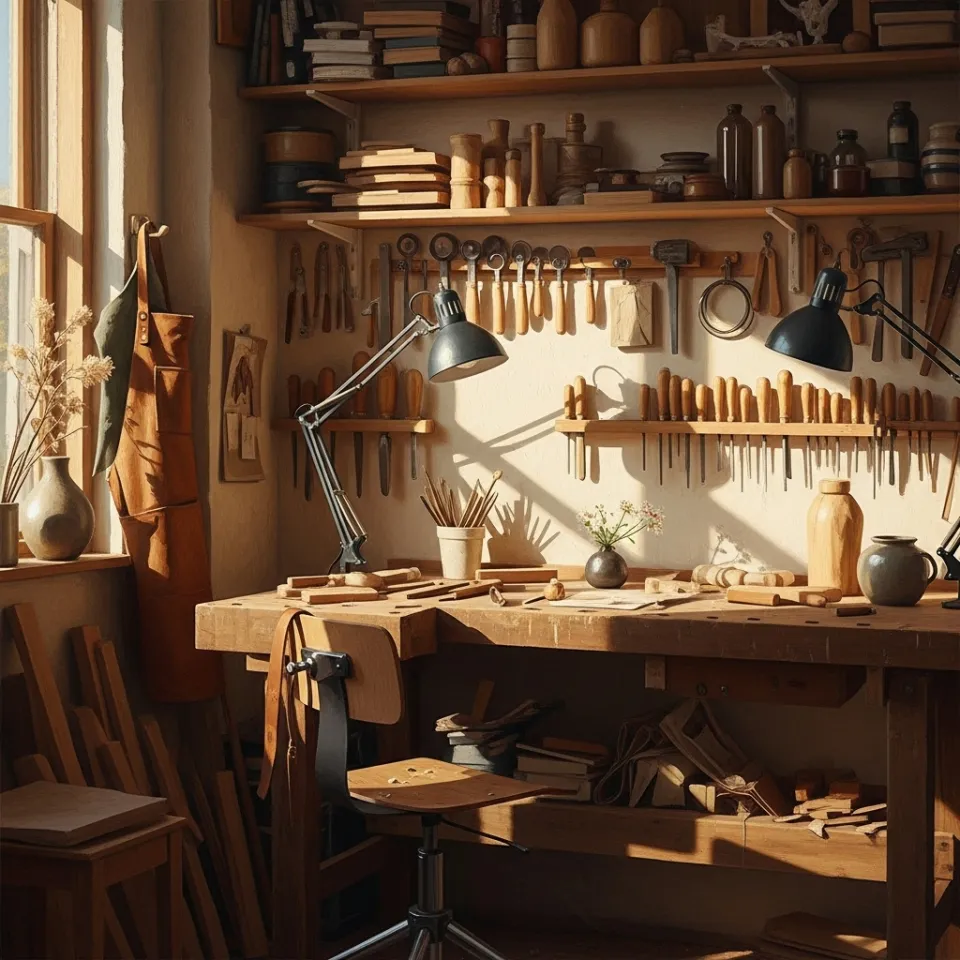
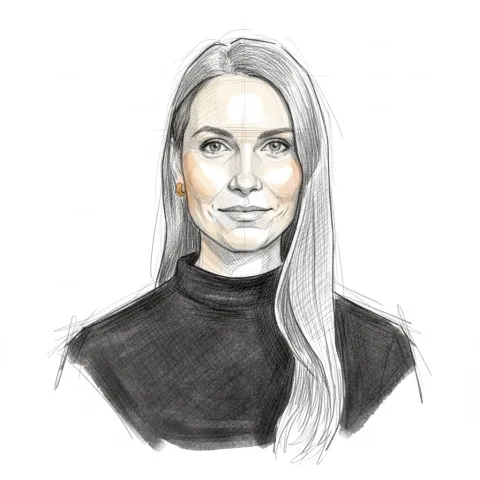
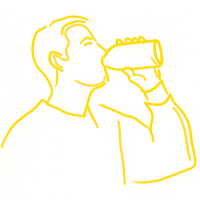
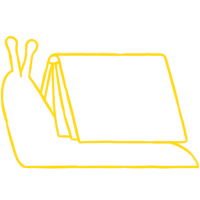
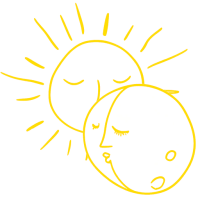
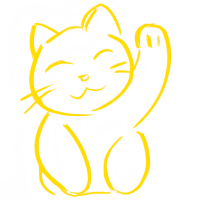
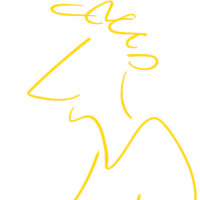
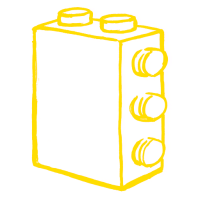
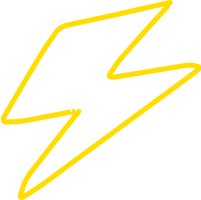

Share moment
Choose where you'd like to share this interview moment: